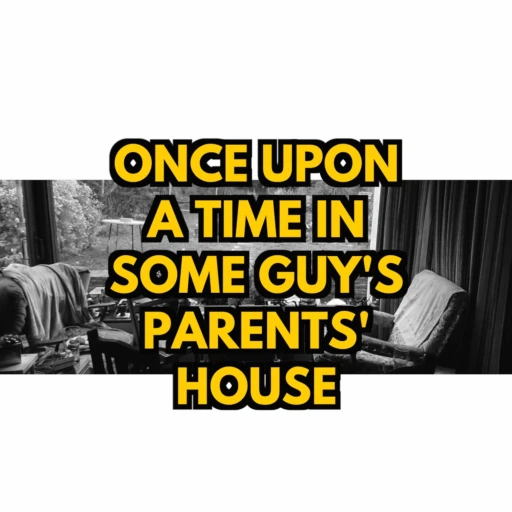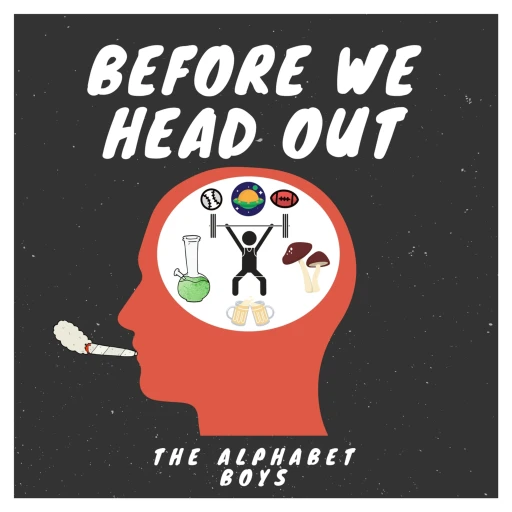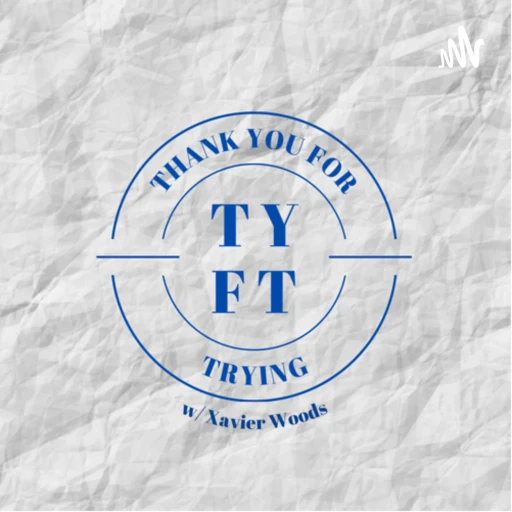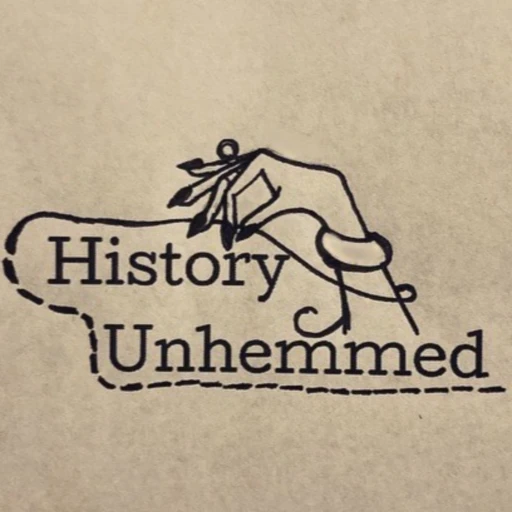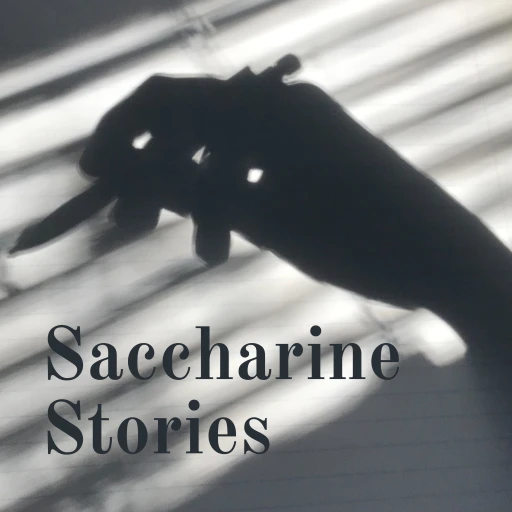The Adventures of Philip Marlowe was a radio series featuring Raymond Chandler’s private eye, Philip Marlowe. Robert C. Reinehr and Jon D. Swartz, in their book, The A to Z of Old Time Radio, noted that the program differed from most others in its genre: “It was a more hard-boiled program than many of the other private detective shows of the time, containing few quips or quaint characters.”
The program first aired 17 June 1947 on NBC radio under the title The New Adventures of Philip Marlowe, with Van Heflin playing Marlowe. The show was a summer replacement for Bob Hope. The first episode adapted Chandler’s short story “Red Wind”. The NBC series ended 9 September 1947.
In 1948, the series moved to CBS, where it was called The Adventure of Philip Marlowe, with Gerald Mohr playing Marlowe. This series also began with an adaptation of “Red Wind”, using a script different from the NBC adaptation. By 1949, it had the largest audience in radio. The CBS version ran for 114 episodes. That series ran 26 September 1948 – 29 September 1950.
From 7 July 1951 to 15 September 1951, the program was a summer replacement for Hopalong Cassidy. Mohr played Marlowe in all but one of the CBS shows. He was replaced by William Conrad in the 1950 episode, “The Anniversary Gift”.
The episode “The Birds on the Wing” (aired 11-26-49) is especially notable for its beginning and ending, both uncharacteristically breaking the fourth wall. It opens with Marlowe saying he is currently reading “Chandler’s latest The Little Sister” – thus a fictional character claims to be reading an actual book in which he is the main character. Even more surreal was the ending, in which Marlowe returns to his apartment to find Gracie Allen – who asks Marlowe to find her husband George Burns a radio show on which he can sing!
Listen to our radio station Old Time Radiohttps://link.radioking.com/otradio
Listen to other Shows at My Classic Radio https://www.myclassicradio.net/
Podcast Service I Recommend https://redcircleinc.grsm.io/entertainmentradio7148
Remember that times have changed, and some shows might not reflect the standards of today’s politically correct society. The shows do not necessarily reflect the views, standards, or beliefs of Entertainment Radio
Categories: Fiction, Society & Culture

